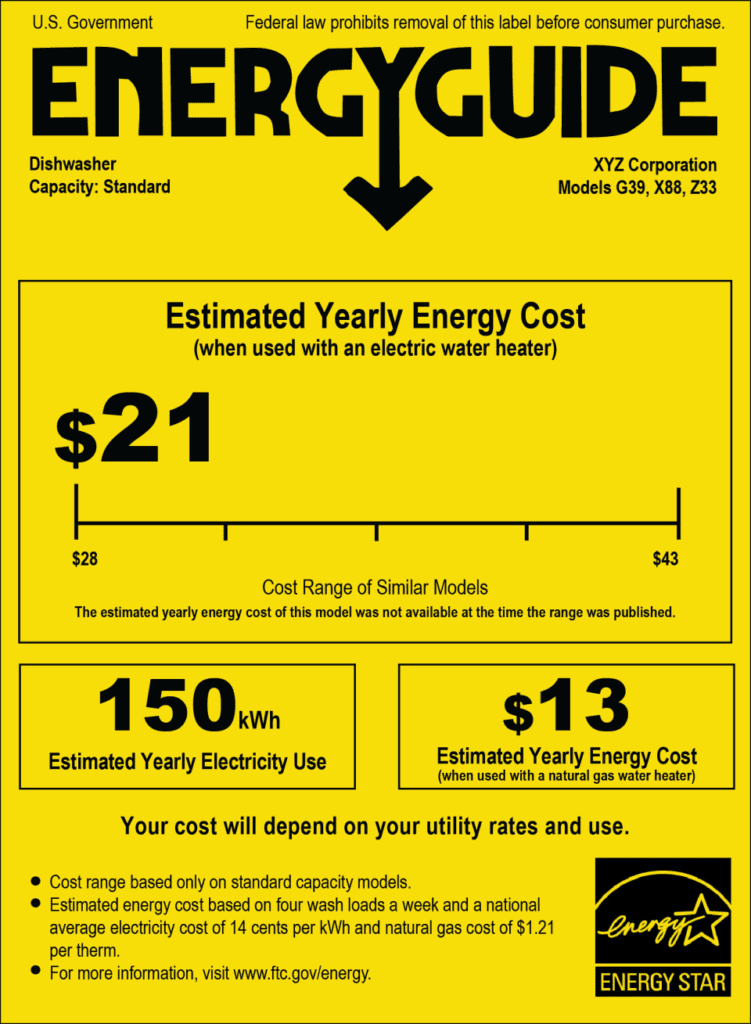Maximizing Energy Efficiency: Tips for a More Sustainable Future

When it comes to energy efficiency in plumbing, there are a few key areas to focus on. One of the most important is reducing water waste. This can be achieved through the use of low-flow fixtures such as faucets, showerheads, and toilets. By using these fixtures, you can significantly reduce the amount of water that is wasted, which not only saves water, but also reduces the energy required to heat and transport it.
Another important aspect of energy-efficient plumbing is properly insulating your pipes. This helps to prevent heat loss and ensures that the water in the pipes stays at the desired temperature, reducing the need for the water heater to work overtime to maintain that temperature. Additionally, insulating your hot water pipes can also help to improve the delivery of hot water to your fixtures, reducing the amount of time you have to wait for hot water to reach its destination.
It's also important to consider the energy efficiency of your water heater. By choosing a high-efficiency model and properly maintaining it, you can ensure that it operates as efficiently as possible. This includes things like regular maintenance, insulating the tank, and keeping the temperature at a reasonable level.
There are also some simple everyday habits that can contribute to energy-efficient plumbing. For example, fixing leaks as soon as they are discovered can help to prevent water waste and reduce the strain on your plumbing system. Additionally, being mindful of your water usage and avoiding unnecessary waste can also make a big difference.
Overall, energy-efficient plumbing can not only help to conserve water and reduce your utility bills, but it can also have a positive impact on the environment. By making small changes to your plumbing system and being mindful of your water usage, you can contribute to a more sustainable future.